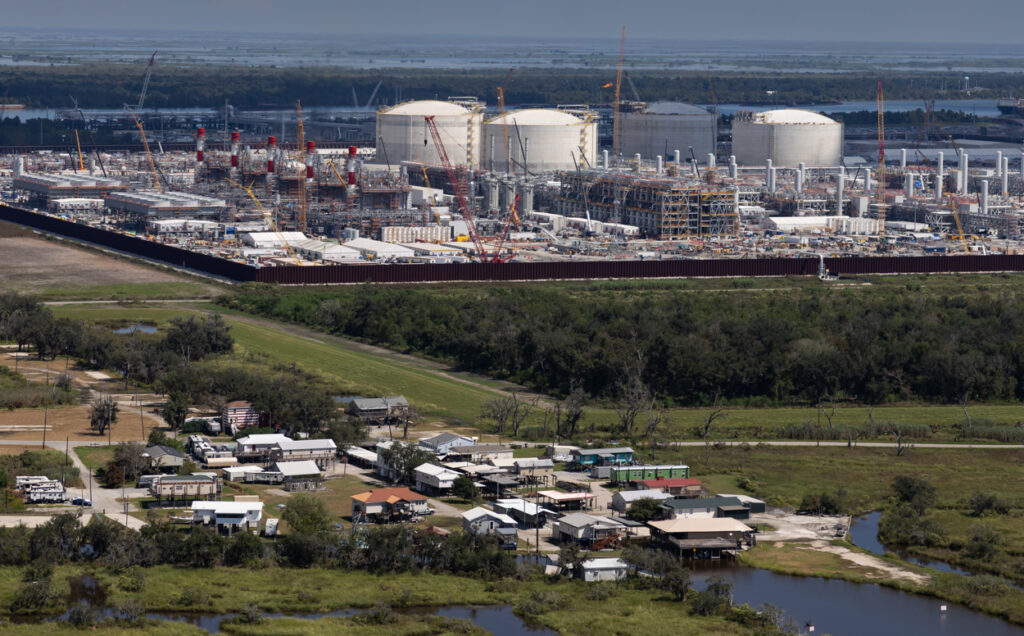Developing nations are heavily populated and their CO2 emissions are expected to increase dramatically through development. One international agency estimates that in 2030, China and India together will account for more than 30 percent of the world’s carbon production.
But advanced nations have already produced massive volumes of greenhouse gases. Developing nations thus feel they have just as much right to develop as advanced nations, which bear greater responsibility for global warming. The Kyoto Protocol accepted this argument and required only advanced nations to curb emissions
The post-Kyoto UN Framework Convention on Climate Change said developed and developing nations bear “common but differentiated” responsibilities. It is time to define the responsibilities of developing nations, with specific emission-reduction targets and requirements.
Subscribe to our newsletter
Stay up to date with DeSmog news and alerts






